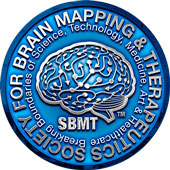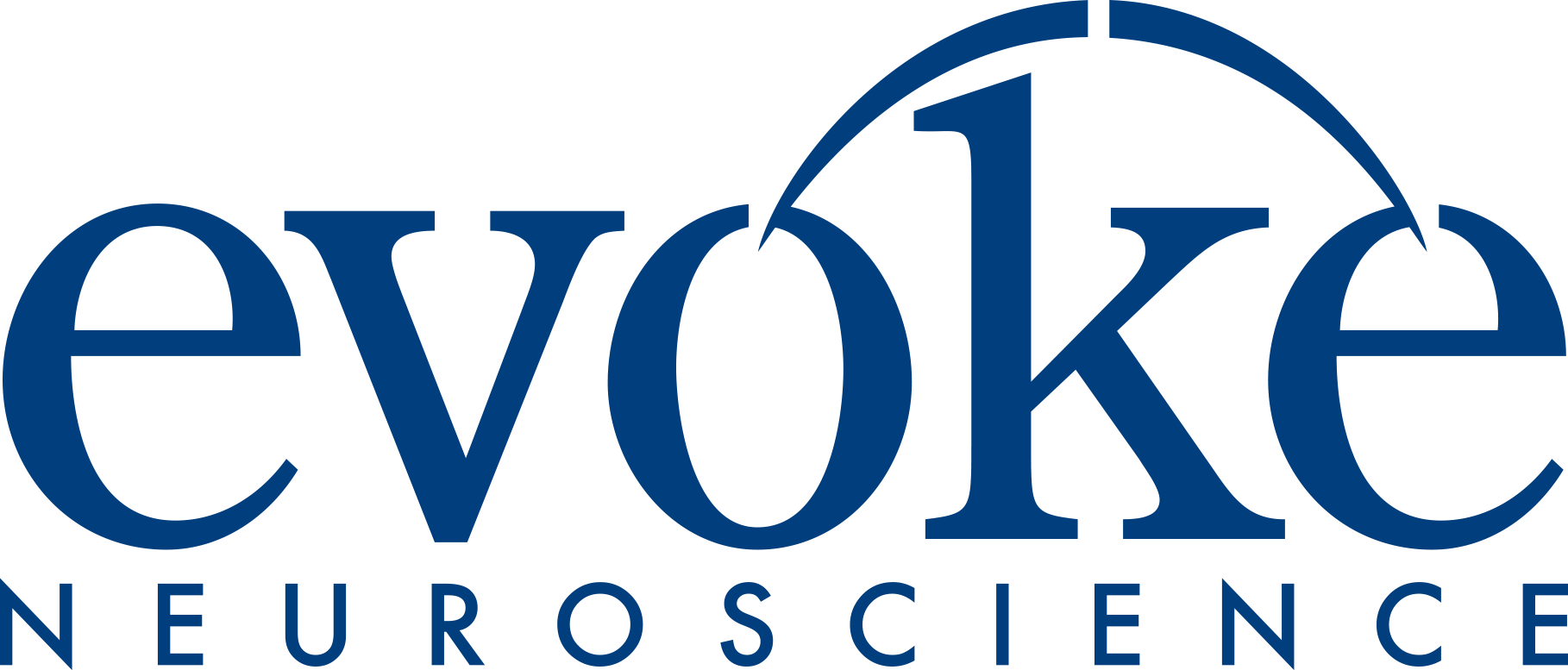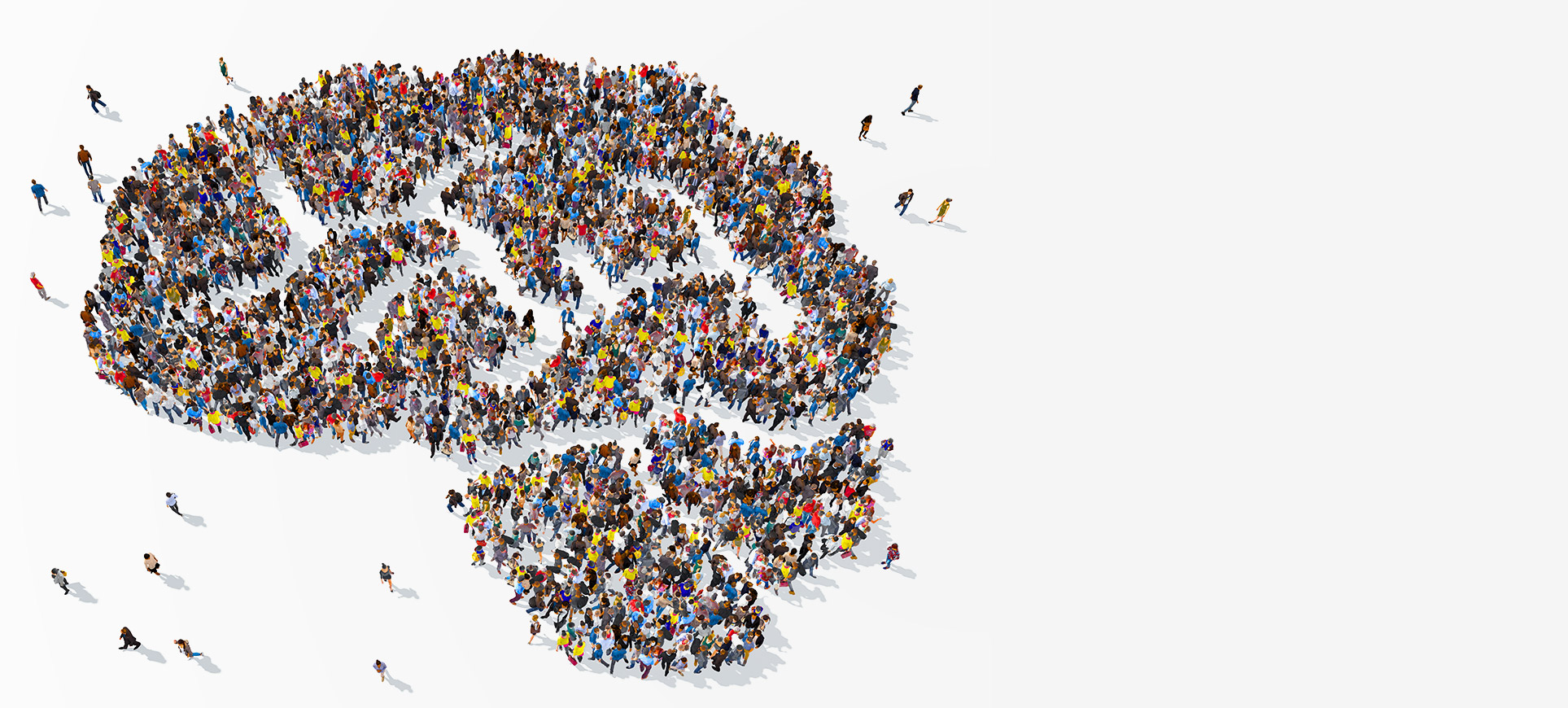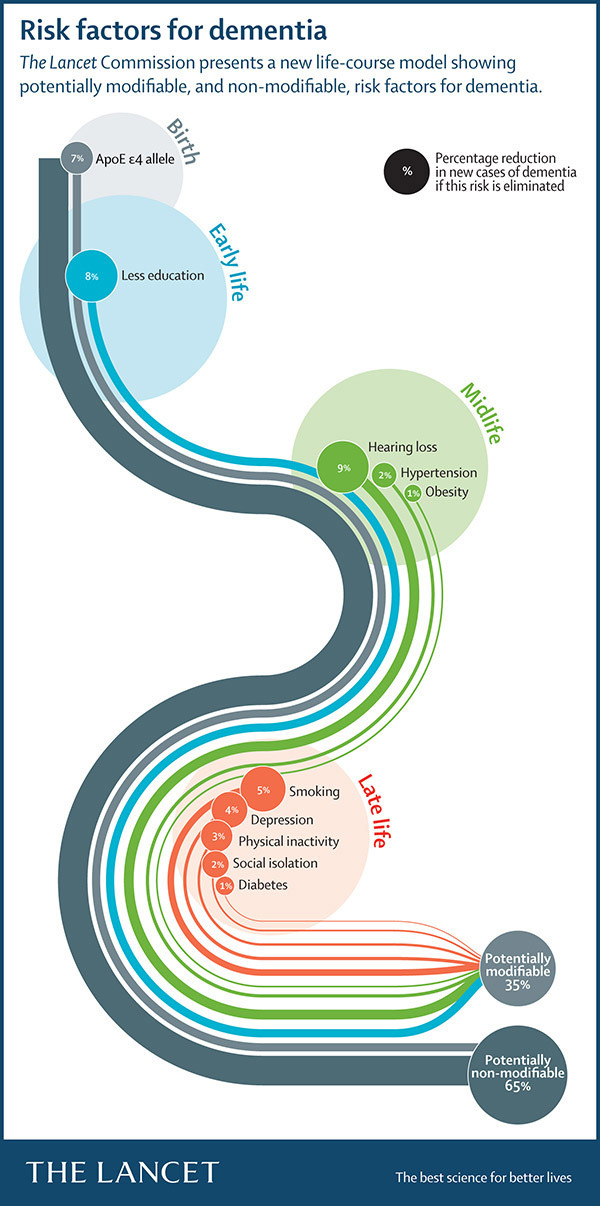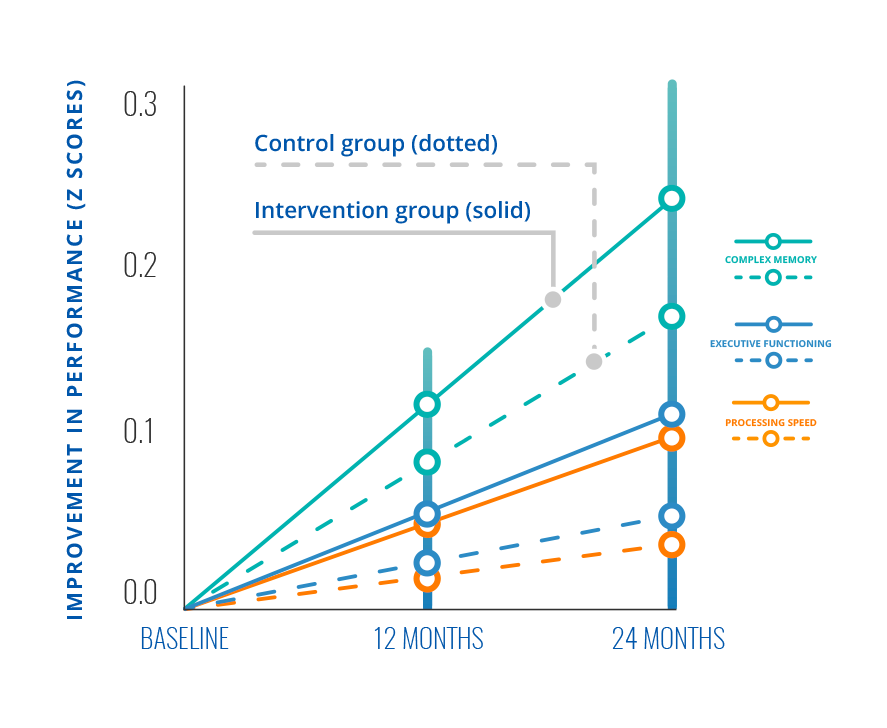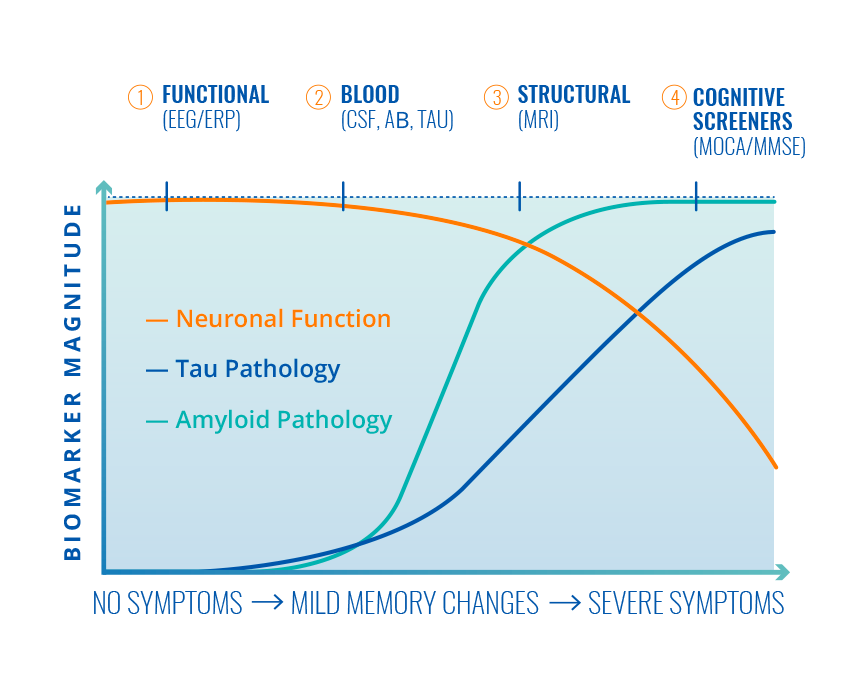SCIENCE
Backed by research.
Designed for physicians.
The Evoke System takes medical EEG and ERP that has been used for decades in a laboratory setting and brings it into the physician’s office. With easy data collection right in your practice, Evoke delivers. We didn’t create the science, we perfected it for clinical use.
The Science Behind Evoke
A comprehensive workup on patient brain health is at your fingertips.
HEAD MAPS
Computational EEG head maps are a visual representation of the difference in activity between a patient’s brain and a standardized database. Evoke physicians complete onboarding training and have free access to ongoing clinical education so they can learn to recognize various head map patterns to facilitate diagnosis1,2.
NEUROPSYCHOLOGICAL TESTING
Performance during a go/no-go task reflects a patient’s ability to perform daily tasks effectively. Reaction time, reaction time variability, omission errors, and commission errors give insight to cognitive status and behavioral functioning11-13.
MENTAL HEALTH QUESTIONNAIRES
To help you hone in on non-neurodegenerative causes of cognitive impairment, Evoke provides computerized administration of PHQ-9, GAD-7, PCL-C, PSC-17, and DSM-5 Level 1 Cross-Cutting Symptom Measure.
Early detection, for early intervention
According to the Alzheimer’s Association, over 70 million people in the US are at risk of Alzheimer’s disease and cognitive decline14. The Evoke System was developed to help identify the underlying causes of cognitive impairment, while there is still time to treat.
Why early matters
The current standard practice is to diagnose Alzheimer’s as a syndrome, meaning physicians base their diagnosis on the clinical consequences of the disease (i.e., the symptoms). But research shows that 20 years or more before symptoms appear, the brain changes that are associated with Alzheimer’s disease begin15. And, according to The Lancet Neurology, dementia could be prevented or delayed for 40% of patients – the key is early detection and intervention16.
lancet study
Preventing cognitive decline
The FINGER Study was the first randomized controlled trial showing that it’s possible to prevent cognitive decline using a multi-domain lifestyle intervention17. Results highlight the value of addressing multiple dementia risk factors (like dietary changes, exercise, cognitive training, and vascular risk monitoring) as a strategy to protect brain health, promote overall health and functioning, and reduce the risk of developing new chronic diseases.
The key to early detection
Historically, physicians have been limited by the tools available to detect early signs of cognitive changes. The Evoke System helps rectify that. Functional biomarkers measured by computational EEG and event-related potentials give insight to how the brain itself is working and are detectable even prior to symptom onset3,18. Measuring these biomarkers with the Evoke System assists physicians in the identification of at-risk patients so that appropriate treatment interventions may be implemented before it’s too late.
On the forefront of innovation
Our latest R&D efforts have been on developing an Artificial Intelligence (AI) biomarker for Alzheimer’s disease diagnosis. We’re currently conducting an IRB approved study, using Evoke to measure EEG & ERP biomarkers for 300 patients with cognitive impairment. This dataset, along with our existing database of 100,000 EEG reports, will be used to train Machine-Learning models.
The ultimate goal? Develop an AI algorithm capable of diagnosing AD based on EEG/ERP data alone, with sensitivity and specificity levels near 100%. In partnership with the Pacific Neuroscience Institute Brain Health Center, an outpatient clinic of the Providence Saint John’s Health Center in Santa Monica, CA, we are currently enrolling subjects.
Research Collaborators



